Biodiversity
Find out how parish and town councils can promote biodiversity within their communities.
The rise in public consciousness about climate change was epitomised when 'climate strike' was named the Collins Word of the Year in 2019. Influential figures played pivotal roles in amplifying awareness about climate change worldwide, emphasising the pressing need for action on both local and national scales.
In 2019, we responded to this call to action by declaring a climate emergency at our Annual Conference. Since then, many parish and town councils have joined in declaring a climate emergency. We published our climate change report in 2021, accurately portraying how parish and town councils tackle climate change and identify its challenges. In doing so, we have better understood how to support parish and town councils in creating more sustainable communities. Data was collected from councils across England over four months. The survey explored the sustainable actions councils implement, covering areas such as climate emergency declarations, neighbourhood plans, carbon-reducing measures, and climate working groups. Shortly after, we established our national network for parish and town councils already taking action locally to help tackle the climate and ecological emergency.
By uniting with parish and town councils, we can effectively address climate change at the grassroots level and foster the development of more environmentally conscious communities.
Click the images below to discover what your parish and town council can do.

Find out how parish and town councils can promote biodiversity within their communities.

Find out how parish and town councils can significantly influence carbon and plastic reduction efforts.
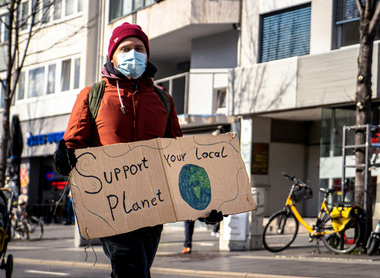
Find out how parish and town councils can declare a climate emergency.
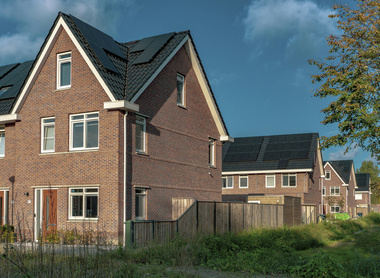
Find out how parish and town councils can promote the design and implementation of greener housing.

Find out how parish and town councils can contribute to developing infrastructure that supports sustainable transportation options and helps reduce carbon emissions in their communities.

Find out how parish and town councils can play a role in managing energy within their communities.

Find out how parish and town councils can take steps to find trusted companies to help tackle climate change.

Find out how parish and town councils can pursue various avenues to secure funding for climate change initiatives.
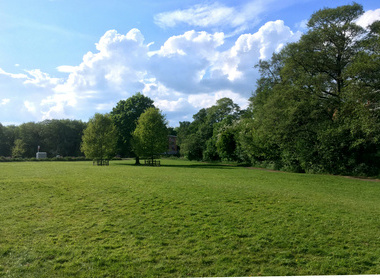
Find out how parish and town councils can play a crucial role in promoting a green recovery by taking various actions at the local level.
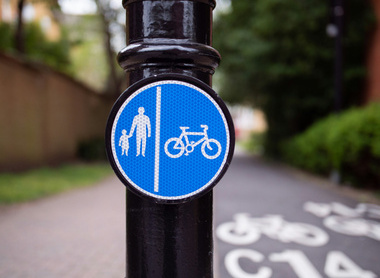
Find out how parish and town councils can significantly promote sustainable travel and transport options within their communities.
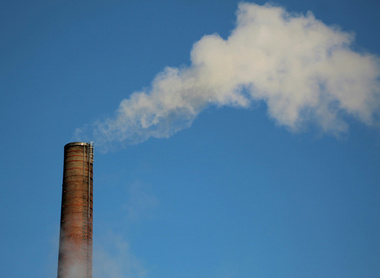
Find out more about The Carbon Literacy Project.
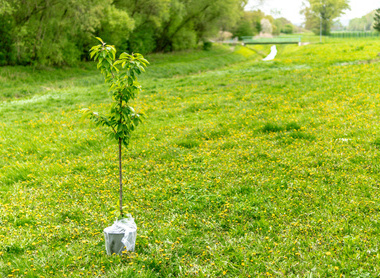
Find out how parish and town councils can undertake various actions to manage and promote tree planting.
Our climate change case studies are valuable for parish and town councils, showcasing practical examples of community-driven initiatives.